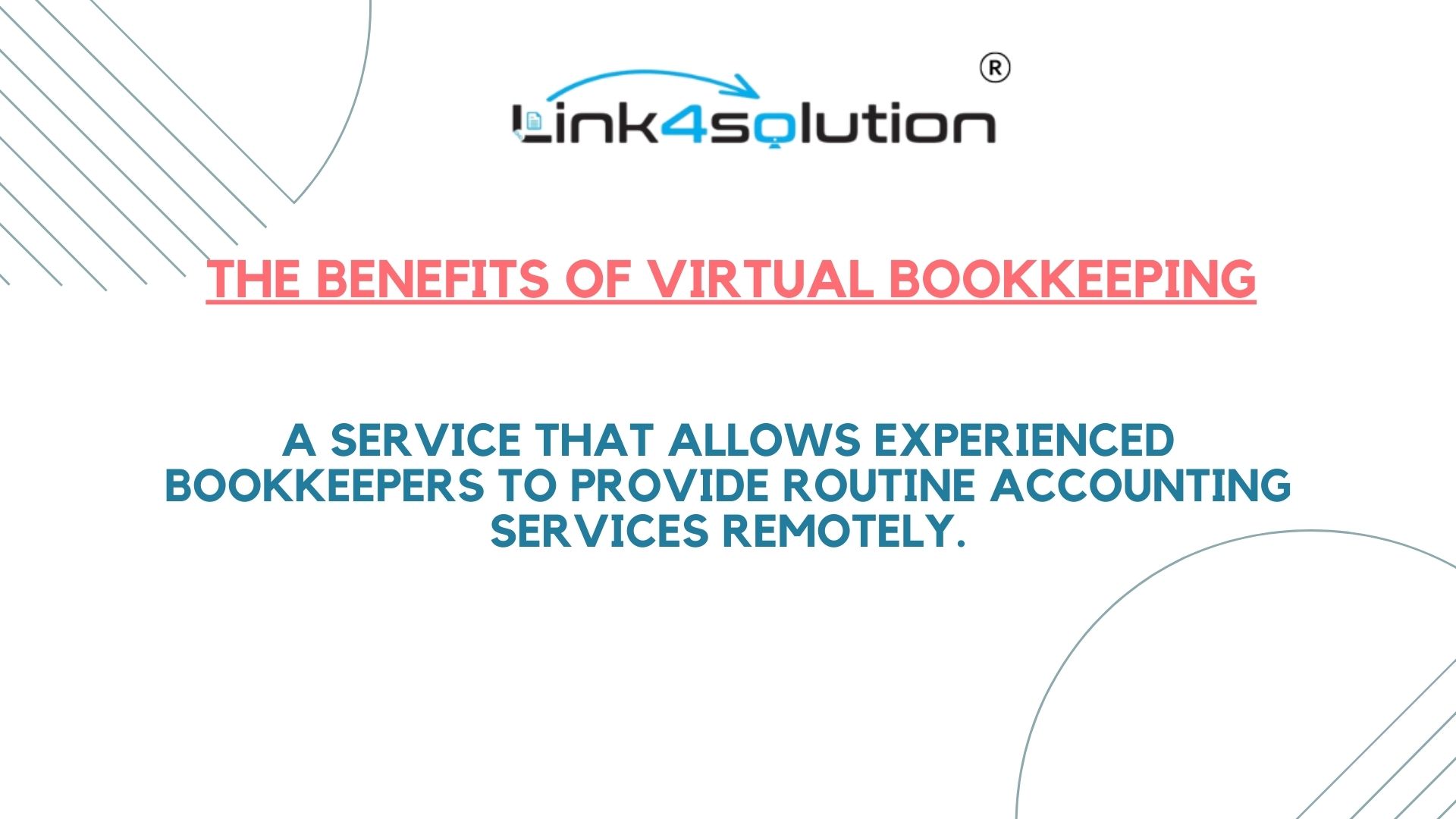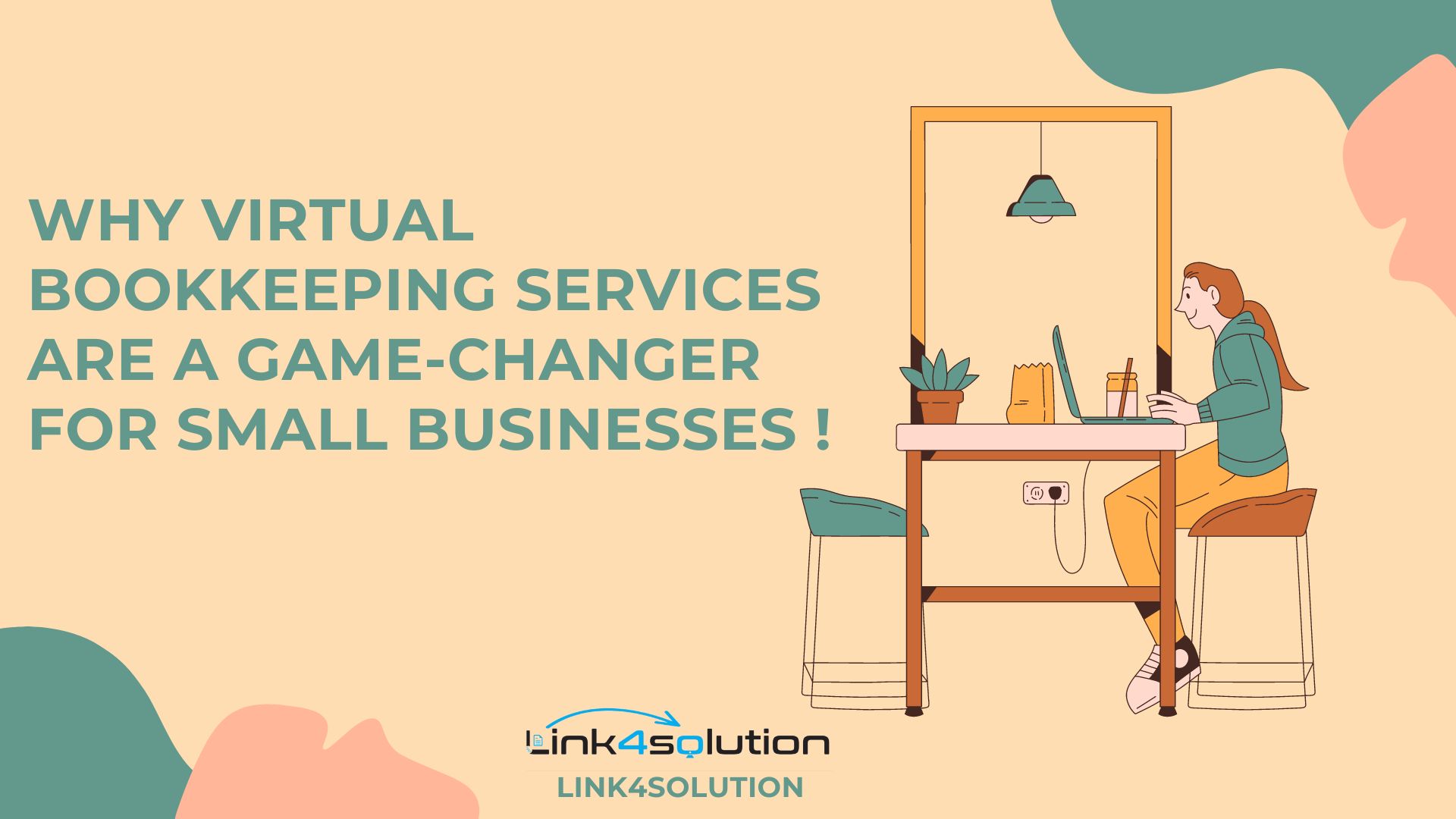Bookkeeping & Accounting
A bookkeeper is essential for managing your business’s daily financial affairs. They track cash flow, handle bills and invoices, and organize your financial records. This not only ensures regulatory compliance but also supports informed decision-making. Whether you run a large corporation or a small startup, the right bookkeeping services are key to financial accuracy, cost reduction, and process optimization.
Choosing the Right Bookkeeping Service
Selecting the right bookkeeping service is critical for maintaining accurate financial records, adhering to regulations, and ensuring financial stability. This guide, presented by Link4solution, will walk you through essential steps and considerations to help you find the best fit for your business.
Virtual Bookkeeping Services: A Guide
A professional bookkeeper manages your bills, daily expenses, and revenues, and plays a pivotal role in shaping your financial strategies. By outsourcing these tasks, you can avoid mistakes and focus on other aspects of your business. But how do you find the right service? Let’s dive into how to identify top bookkeeping providers.
Outsourced vs. In-House Bookkeeping
Your primary options are outsourced bookkeeping (using a third-party service) or in-house bookkeeping (hiring a dedicated team). In-house offers more control and immediate access but can be costlier. Outsourcing is more budget-friendly and provides specialized expertise, reducing administrative burdens. Consider which option aligns with your company’s needs and budget.
Evaluating Tools and Industry Experience
Ensure the bookkeeping service’s technology aligns with your existing systems. Check their data security measures and backup plans. Look for services with experience in your industry, such as e-commerce or healthcare, to ensure compliance and industry-specific financial knowledge.
Scalability and Growth
Consider if the bookkeeping service can grow with your expanding business. An adaptable service prevents the hassle of changing providers as your needs evolve.
Data Security
Inquire about the bookkeeping service’s data security practices. They should have robust measures like confidentiality agreements, encrypted data storage, and secure data handling.
Reporting Expectations
Define the frequency and format of financial reports. Discuss your reporting needs to ensure the service can provide insightful financial data.
Conclusion
Choosing the right virtual bookkeeping service involves assessing your budget, specific needs, data security, and communication clarity. The right partner simplifies financial processes, minimizes errors, and supports strategic decision-making, contributing to your business’s success and growth. Remember, a suitable bookkeeping service is a valuable asset for your company’s financial health and stability.




